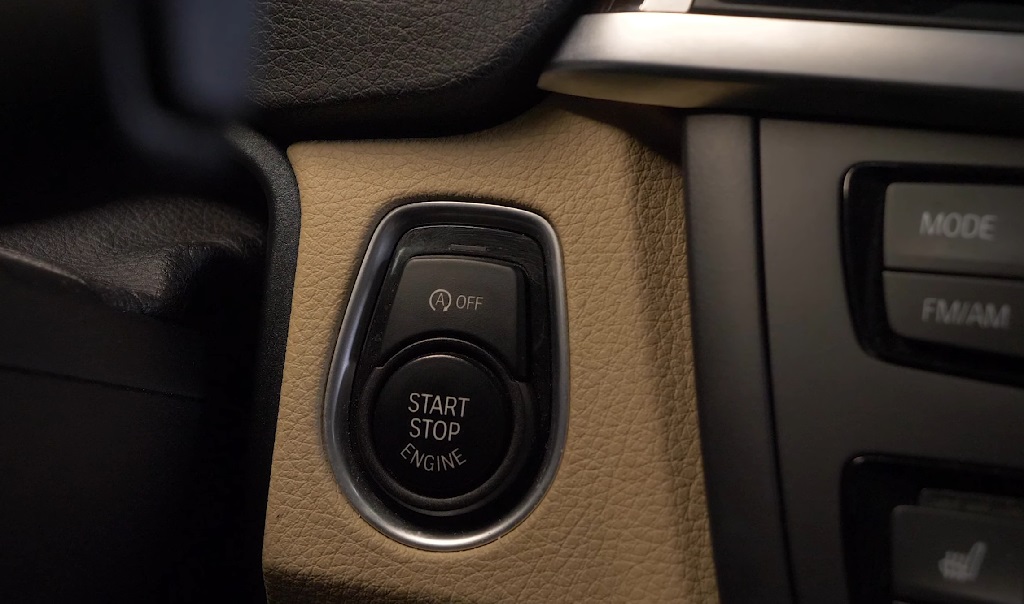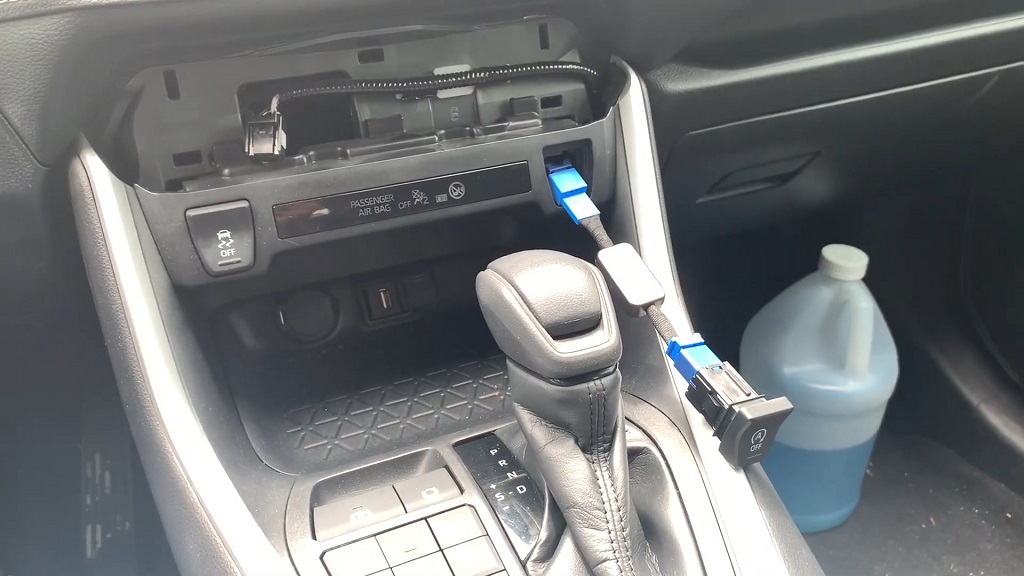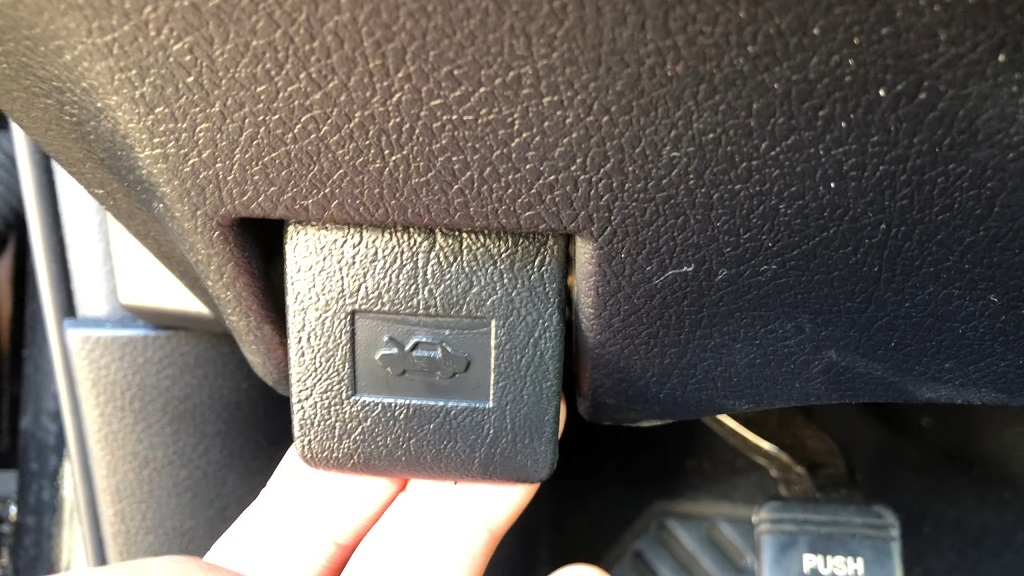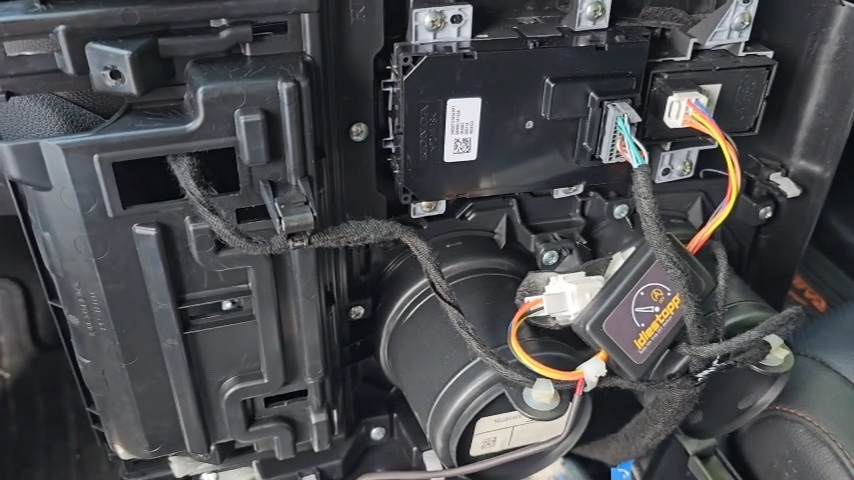Ever been sitting at a red light, just letting your mind wander, when your car suddenly cuts the engine and jolts back to life as soon as you lift your foot off the brake? That little hiccup is the auto start-stop system at work.
On paper, it’s there to help you save fuel and reduce emissions. In reality, a lot of drivers find it more irritating than helpful – especially if you’re in stop-and-go traffic or towing something heavy.
So, what if you could turn it off permanently? Not just with a button for the day, but for good?
Let’s break down why some Ford, Chevy, and Honda owners choose to disable it, what the trade-offs are, and how to do it without turning your car into a science project gone wrong.
Key Points
- Auto start-stop can be disabled permanently on Ford, Chevy, and Honda with software, devices, or wiring changes.
- Main benefits are smoother driving, better AC performance, and less wear on starter/battery.
- Drawbacks include small fuel savings loss, possible warranty issues, and environmental impact.
- Methods range from free DIY tweaks to $150 plug-and-play modules.
Auto Start-Stop in a Nutshell

At its core, the system is simple: when your vehicle comes to a complete stop and certain conditions are met – brake pressed, battery charged, engine warmed up – it shuts off the engine.
When you release the brake or hit the clutch, it fires back up instantly. It’s meant to cut down on idling time, which in theory means lower emissions and better fuel economy.
You’ll find it in everything from a Ford F-150 to a Chevy Silverado to a Honda Pilot. It’s baked into the ECU (engine control unit) and works with sensors scattered throughout the vehicle.
But here’s the catch:
- Real-world fuel savings are often in the low single digits for city driving.
- Air conditioning, power steering, and cabin comfort can take a hit during stops.
- Starters and batteries may wear out faster due to the extra cycles – sometimes lasting a year less than they would without the system.
Some drivers simply don’t notice it. Others feel every restart vibration and see it as an unwelcome interruption to the driving experience.
Why Some Drivers Want It Gone for Good
If you’re considering disabling it, you probably already have a few reasons in mind. The most common motivations include:
- Comfort and smoothness: No more jarring starts in traffic.
- Towing and hauling: Keeping full power available at all times.
- Component longevity: Reducing starter and battery cycles by tens of thousands over the vehicle’s life.
- Consistent climate control: AC won’t lose efficiency at every stop.
On the other side of the coin, there are downsides. You’ll miss out on whatever small fuel savings you might have had. Depending on how you disable it, you could void part of your warranty.
And there’s the environmental factor – a small one, but still worth noting.
How to Permanently Disable Auto Start-Stop on Ford Models
Ford has one of the more aggressive start-stop systems, especially on trucks like the F-150, Explorer, and Bronco.
While you can hit the dashboard button to turn it off for a drive, it resets every time you restart the engine. That’s where more permanent solutions come in.
Method 1: FORScan Software Disable
Skill Level: Intermediate
Cost: Free (assuming you already have a compatible OBDII adapter)
Time: 30 minutes FORScan is a free diagnostic and programming tool that can edit the settings in your Ford’s control modules.
What you’ll need
- Windows laptop
- OBDII adapter (USB, Bluetooth, or Wi-Fi)
- FORScan software (download from the official site)
Steps
- Connect your adapter to the OBDII port and launch FORScan.
- Back up your current configuration – just in case you want to revert later.
- In the Body Control Module (BdyCM), locate address 726-48-02. Change the second digit in the first hex group to 0.
- In the Front Control Interface Module (FCIM), change address 7A7-01-01 similarly.
- In the Instrument Panel Cluster (IPC), modify address 720-01-01 by setting the leftmost digit in the second group to 1.
- Save, exit, and restart the vehicle.
- Free and reversible
- No physical modifications
- Requires some tech comfort
- Mistakes can cause glitches
Method 2: Autostop Eliminator Device

Skill Level: Easy
Cost: Around $100
Time: 10 minutes The Autostop Eliminator plugs into the wiring harness for the auto start-stop button and remembers your last setting.
Turn it off once, and it stays off until you change it back.
Steps
- Remove the dash panel to access the back of the auto start-stop button.
- Plug the Eliminator inline with the harness.
- Reassemble and test.
- Easy install and removal
- Doesn’t alter factory software
- Won’t trigger warranty issues in most cases
- Cost
- Still uses the original button to toggle
Method 3: Custom Button Press Circuit
Skill Level: Advanced DIY
Cost: Under $20
Time: 2-3 hours By wiring a relay, capacitor, and resistor to mimic a button press each time the car starts, you can make the system turn itself off.
- Cheap
- Hidden installation
- Requires dashboard disassembly
- Wiring mistakes can cause shorts
How to Permanently Disable Auto Start-Stop on Chevy Models
Chevy’s implementation is found in trucks, SUVs, and even some sedans. Certain models lack a dedicated off switch, which makes aftermarket solutions even more appealing.
Method 1: Hood Open Trick (Temporary)

Skill Level: Very easy
Cost: $0
Time: 1 minute By starting the car with the hood open, the ECU thinks the vehicle is being serviced and keeps the engine running at all stops.
Steps
- Open the hood.
- Start the engine.
- Close the hood.
- No tools
- No cost
- Only works for the current drive
- Can mess with remote start
Method 2: Range Pulsar Module
Skill Level: Easy
Cost: $100-$150
Time: Seconds Plugs into the OBDII port and disables auto start-stop while adding other tuning features.
- Fast install
- Adds extra features
- More expensive
- Occasionally triggers error codes on newer models
How to Permanently Disable Auto Start-Stop on Honda Models
Honda’s “Idle Stop” system works similarly but has quirks based on trim level.
Method 1: Wiring Reroute
Skill Level: Intermediate
Cost: Free
Time: 20 minutes Some models allow a harness wire to be rerouted to provide constant power to the disable circuit.
Example: 2016 Pilot Elite
- Remove console screws and clips.
- Locate the yellow wire in the harness.
- Disconnect and plug into a green port that provides 12V.
- No special parts
- Clean install
- Model-specific
- Can affect system behavior if not done right
Method 2: AC Outlet Trick
Skill Level: Easy
Cost: $5 or less
Time: 5 minutes On certain Ridgeline trims, turning on the AC outlet can disable Idle Stop. You can use Velcro or tape to keep the button pressed.
- No disassembly
- Simple
- Looks DIY
- Trim-specific
- Here’s third
- Here’s fourth
- Up to N
Method 3: Idlestopper Device

Skill Level: Easy
Cost: Around $85
Time: 10 minutes An aftermarket device that presses the Idle Stop button automatically when you start the car.
- Works on multiple Honda models
- No permanent wiring changes
- Cost
- Still relies on factory button
Quick Comparison Table
| Brand | Method | Cost | Time | Pros | Cons |
| Ford | FORScan Software | $0 | 30 min | Free, reversible | Tech skill needed, risk of errors |
| Ford | Autostop Eliminator | $100 | 10 min | Easy, warranty-safe | Cost |
| Ford | Custom Circuit | $20 | 2-3 hrs | Cheap, permanent | Complex install |
| Chevy | Hood Open Trick | $0 | 1 min | Free, no tools | Temporary |
| Chevy | Autostop Eliminator | $100 | 15 min | Reliable, warranty-safe | Requires dash access |
| Chevy | Range Pulsar | $150 | Seconds | Extra tuning features | Expensive, possible error codes |
| Honda | Wiring Reroute | $0 | 20 min | Free, clean | Model-specific |
| Honda | AC Outlet Trick | $5 | 5 min | Simple | Limited to certain trims |
| Honda | Idlestopper | $85 | 10 min | Automatic, easy | Cost |
Final Thoughts
Disabling your auto start-stop system is all about personal preference. Some drivers are happy to leave it alone, accepting the small fuel savings and reduced emissions. Others see it as an unnecessary annoyance that adds wear to parts and interrupts the driving experience. If you decide to make the change:
- Consider warranty implications. Even if a method is reversible, some dealers may have policies against aftermarket devices.
- Be realistic about benefits. Comfort and component longevity are the biggest wins. Fuel savings loss is usually small.
- Work safely. Whether you’re using software or tools, take your time and double-check your steps.
Your car should work for you, not against you. If that means saying goodbye to start-stop, at least now you’ve got the playbook for doing it right.
